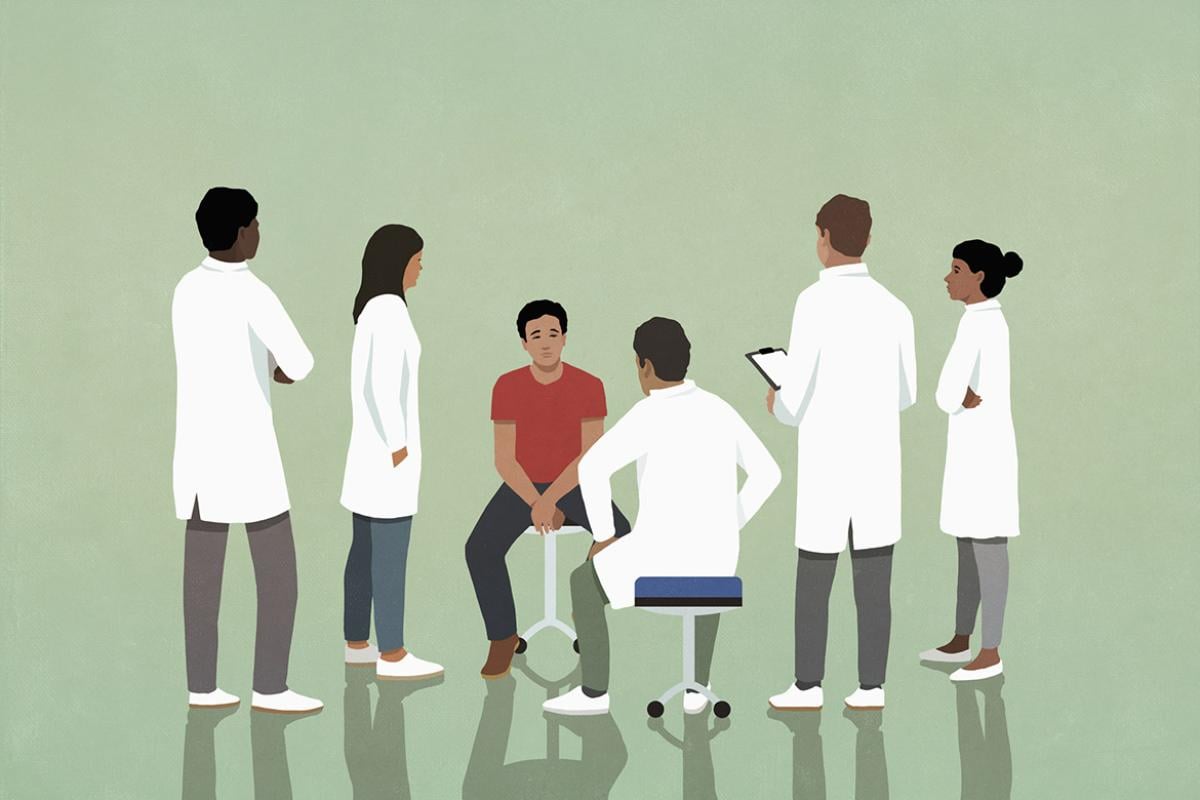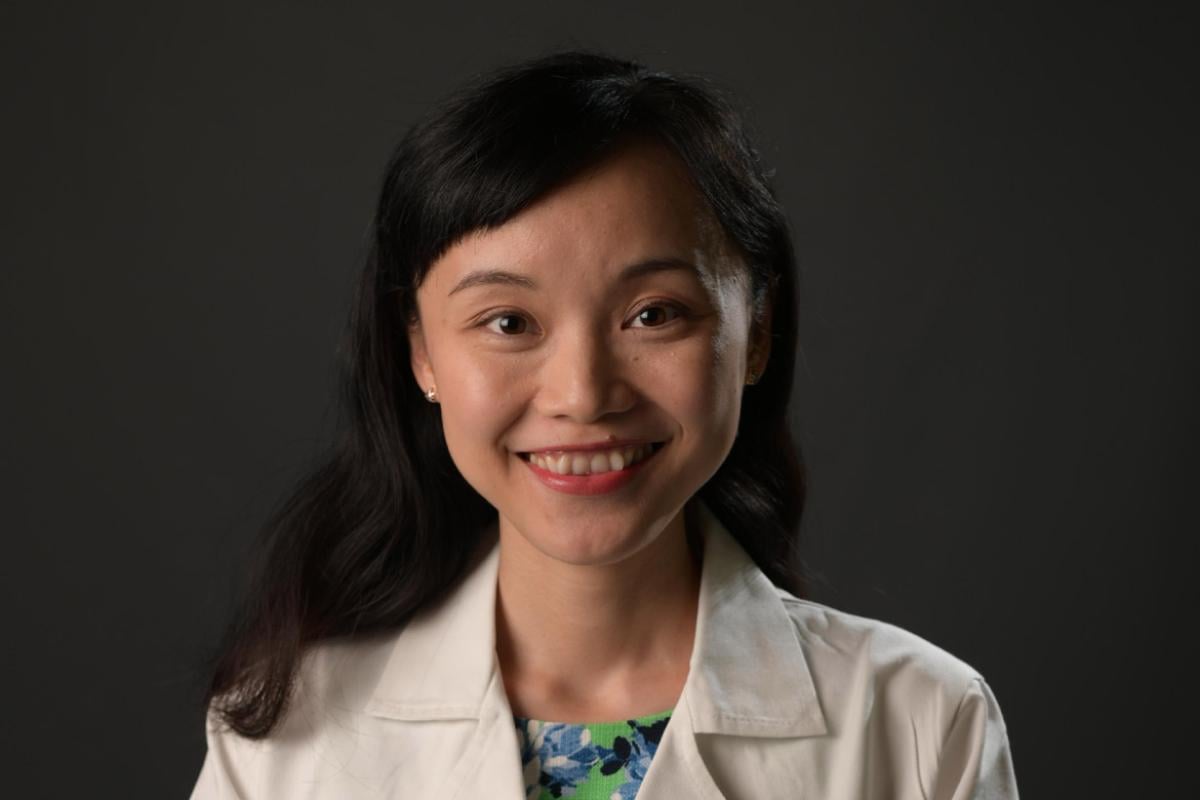A lack of understanding the dynamics of the care team can be an impediment to a smooth transition to graduate medical education (GME) for international medical graduates, particularly those who are not U.S. citizens. A 2023 study published in the Western Journal of Emergency Medicine examined several of the unique challenges—focusing heavily on differing team dynamics—that non-U.S. citizen IMGs in emergency medicine residency programs confront.
In 2024, a total of 9,045 IMGs obtained first-year residency positions in accredited U.S. physician residency programs. Among that group 5,864 were non-U.S. citizen IMGs. The study sheds light on what residency programs can do to aid non-U.S. citizen IMGs in their transition to graduate medical education, including a more robust transition curriculum and cultural humility training for academic faculty.
The study identifies two types of challenges that non-U.S. citizen IMGs encounter in emergency medicine: systems-based challenges and interpersonal challenges.
Common systems-based challenge themes among study respondents—a group of nine IMGs from emergency medicine programs across the country—included a lack of understanding and prior exposure to:
- U.S. health care team structure.
- Emergency medicine or medicine in the U.S.
- The local hospital system.
- How to address conflicts.
- Resident physicians’ rights.
“In their home countries, a few participants had practiced within teams with authoritative rather than collaborative physician leadership, where nurses were not involved in decision-making,” the study’s authors wrote. “Some participants expressed the positive effect that horizonal systems had on patient care in their new environment.”
Dive deeper:
- AMA IMG Toolkit: Get tips to navigate practicing in the U.S.
- Meet Your Match: An IMG's guide to residency selection
Confronting a different system
Victor Kolade, MD, is a U.S. citizen IMG who spent 20 years in Nigeria, where he completed medical school prior to returning stateside to pursue an internal medicine residency. He encountered similar challenges in beginning his training in the U.S. in 2001 and said the transition was like moving from “the metric system to a nonmetric system.”
An early lecture from his program director helped reinforce the realities on the ground among Dr. Kolade and his cohort of PGY-1s, all of whom were IMGs.
Dr. Kolade recalled that the director gathered the residents together and said, “I know many of you are coming from scenarios where you are as physicians at the apex of the health care team and everybody comes behind you, but that that is not how American health care is run. There is a laterality within this team dynamic.”
Dr. Kolade, an AMA member who is an internist at Guthrie Robert Packer Hospital in Sayre, Pennsylvania, said he “needed an introduction to the concept that we call interprofessional health care—that's not something I thought about working in Nigeria either in training or after training.”
Dr. Kolade is a member of the AMA IMG Section, which gives voice to—and advocates on—issues that affect IMG physicians. During IMG Physicians Recognition Week, Oct. 21–25, the AMA will honor and celebrate the IMG physicians who are a vital component of the physician workforce and the AMA. An Oct. 21 webinar, “Physician Journeys and Contributions in the U. S. Health Care System,” will delve into the unique experiences that shape the careers of this diverse set of physicians, from medical school to clinical practice, highlighting the challenges and triumphs along the way. AMA members can register now.
Dive deeper:
- How IMGs overcome big barriers to practice medicine in U.S.
- Key advice for IMGs to succeed in U.S. medicine
Developing shared norms
Interpersonal challenges highlighted by study respondents included: establishing a rapport, cultural competence, feedback, self-expectations, communication, and articulation of critical thinking and discussion as a way of learning.
A U.S. citizen IMG who grew up in the United States but attended medical school in Ireland, Kevin King, MD, faced a different reality when he began his emergency medicine residency training stateside.
“The Irish-English system has a different focus,” Dr. King said. “In the U.S. system—if you work as a student and resident—they appreciate and expect a forwardness and directness to communication. If, in Ireland, I told an attending what I thought, without being asked, they might take that as arrogance or overconfidence. In contrast, if you are deferential as a resident here in the U.S. it is viewed as being meek and lacking assertiveness. Now, imagine adjusting to that while adding in a language barrier, which is often the case for IMGs. It’s a major challenge.”
The process of honing an effective team dynamic, said Dr. King, is a joint responsibility of the residency program and the individual resident.
“For residents, I think it’s important to be proactive,” said Dr. King, an AMA member who is an emergency physician in Greenville, Kentucky. “That could be during the interview by asking: What would be available in my training, if I come here, to understand the expectations to do the best I can if I was part of your program?
But, he added, this process has to be undertaken by both sides of the equation.
“For program directors and faculty, it’s helping someone be aware of the questions to ask,” Dr. King said. “As the educator, we need to reach out and understand the needs of these trainees and help our colleagues understand.” Such cultural humility “is really important,” he noted.
“If one part of the team is doing their part and the other does not, how can they work together?”
Dive deeper:



